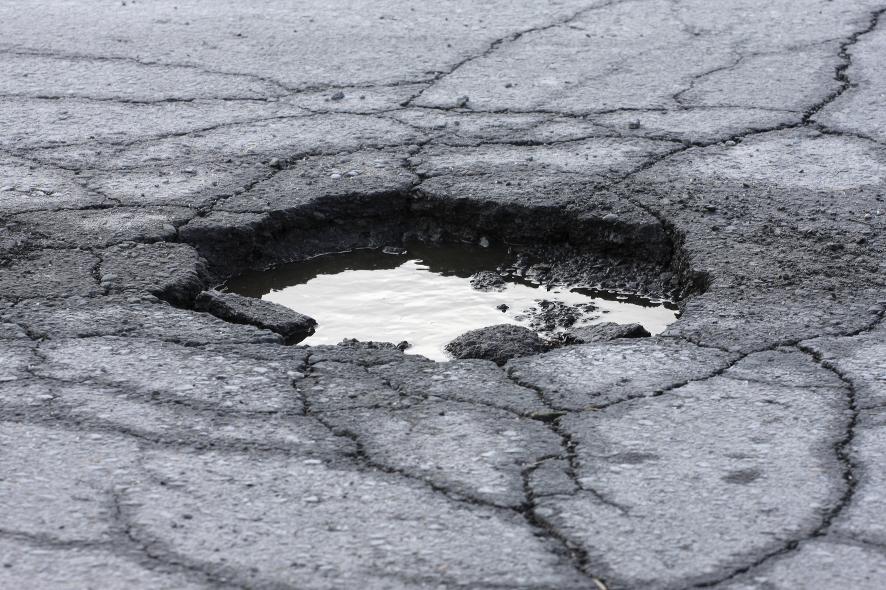
Over time, you can expect to see damage appear on your car, whether from natural wear and tear or from an accidental scrape on a kerb. Yet possibly one of the most frustrating ways you can sustain damage on your vehicle is if it is caused by the condition of the road, rather than something you did.
Sometimes when this happens you just need to take a financial hit, either call up your insurance provider or go to a garage to get your car fixed. If the damage is bad enough, you might need to call up one of startrescue.co.uk's vehicle recovery providers to take your vehicle to a garage for you.
That said, there are instances when you can claim money against local authorities for the damage caused to your car if it wasn't your fault. Like if you hit a pothole, for example.
Upon hitting the pothole, you should find somewhere to stop so that you can gather information on what has happened. If you can and it is safe to do so, take pictures of the pothole and measure its width and depth. Be sure to note anything else that might be worth mentioning, such as if the pothole is hidden from view. If it is on a blind verge, for example, that is something you should mention.
Once you have this information gathered, you should look to send it out to warn other motorists about the problem. Tell your relevant council or highways agency and you may also want to report it on potholes.co.uk, a site that contains a pothole map so that you can see where potholes have been found.
You may also wish to submit a Freedom of Information (FOI) request to your relevant council or highways agency so that you can find out how frequently the road where you found the pothole is inspected and maintained. Local authorities are required by law to send you a response to your request, however they may have a reason why they are unable to provide the details you have asked for; this could be because they have not got enough information for example. You can find guidance on submitting an FOI request on gov.uk. The results of an FOI request could be useful for ensuring your claim is successful.
Be aware that your claim against the council might initially be rejected under section 58 of the Highways Act, where the council could argue that they took "reasonable measures" to make sure potholes are found and dealt with quickly. However, if this occurs, you need not consider it the end of your claim.
Next, read through the National Code of Good Practice for Highway Maintenance. This could inform your claim moving forward. When you contact your council again, try to remain professional and calm because whatever you say to them could be read out in court.
Also take the time to look into your council's practice and compare it to the national code. Doing this will raise your awareness of areas where they may counter your claim, or uncover a defence against them. You should also think carefully about your case at this point because if your council has followed the national code like they are supposed to then your case might not win.
If you do get an offer from the council, make sure you can negotiate and are prepared to accept less than what you claimed for originally.




